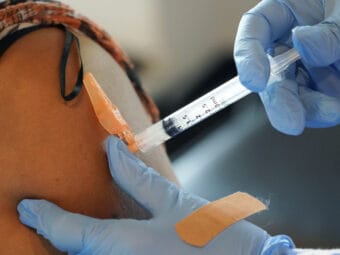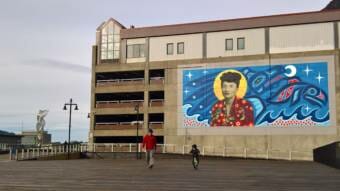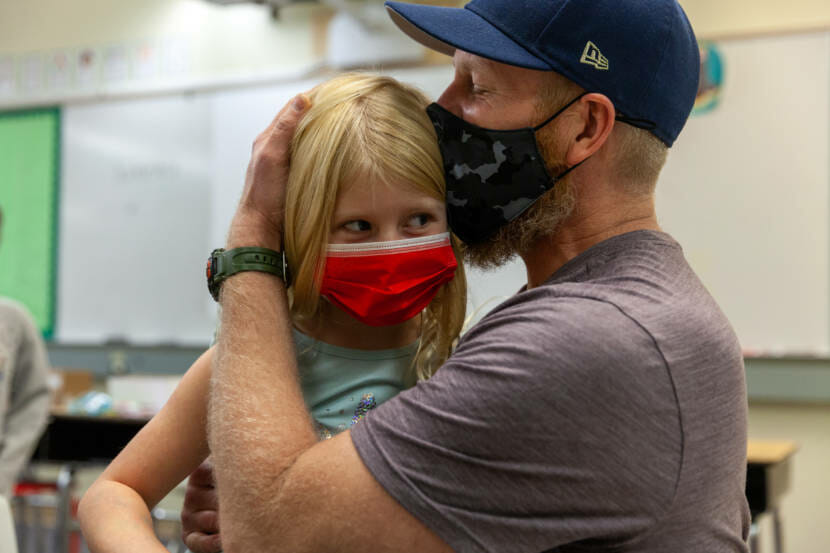
KTOO is looking back at 2021 through the stories that had the widest and strongest impact on the community.
Right around the winter solstice last year, Dr. Anne Zink used the metaphor of the return of the light to describe the arrival of the COVID-19 vaccine in Alaska. Health care workers started getting vaccinated in Juneau before the ball dropped on 2021, and by mid-January, residents were getting vaccinated by the thousands at city-sponsored mass vaccination clinics. There was live music while people waited, and people dressed up in costumes and formal wear to get their shots. It was the closest thing to a party most people had been to in almost a year.
The vaccine did bring some hope to early 2021, but while the virus was being knocked back a bit, the damage the pandemic brought to society was already done. Kids were out of school. Many parents were working from home alongside them. In March, we hit the one-year anniversary of COVID-19 coming to Alaska and a surge of mental health problems made itself evident. Social restrictions and disruption caused spikes in anxiety, depression, substance use and self-harm — for students, parents and just about everyone.
By May, a lot of Juneau adults were fully vaccinated, and flashing your vaccine card made things possible that hadn’t been for almost a year. Juneau Drag performers hosted their first live in-person stage show in 15 months. Vaccinated attendees could take off their masks at the event at the Red Dog Saloon. Once people got inside, it was like stepping back in time — or into an alternate reality where the COVID-19 pandemic didn’t exist.
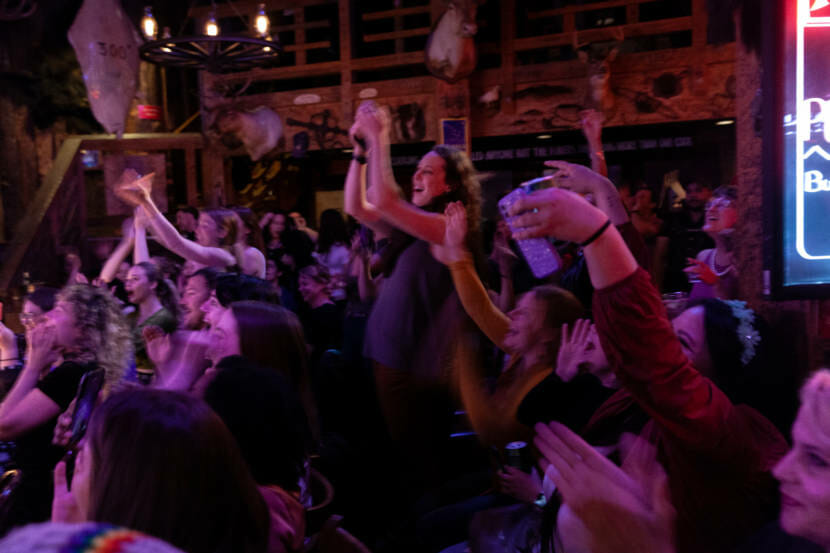
By summer, kids 12 years old and older were eligible for the COVID-19 shot and Juneau made quick work of offering youth vaccine clinics. Families made plans for summer vacations and to see grandparents again. And then came the delta variant, and it became clear that many Alaskans’ dreams of a “hot vaxxed summer” were not going to come true. The highly contagious variant of the virus tore through the country, bringing back mask mandates, restrictions on groups gathering and messing up the global supply chain so that it was hard to keep a semblance of normal life.
Right before Alaska’s second wave of the virus peaked, Juneau students went back to school. They were required to wear masks indoors and they spread out as much as possible in the classroom and the lunchroom. Sports and other after-school activities resumed. Juneau had one of the highest vaccine rates for youth in the state in September. Individual classes would quarantine when there were positive cases in the schools.
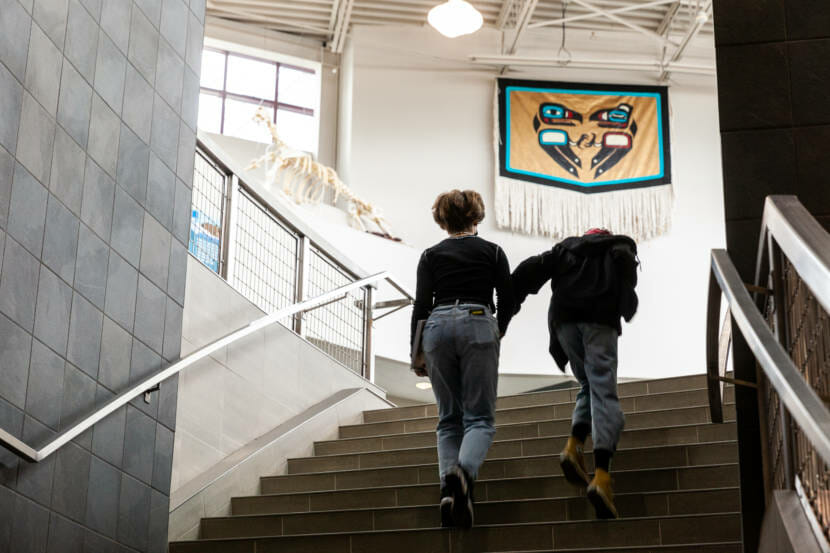
August and September were deadly months in Alaska. Hospitals around the state moved to crisis standards of care, hundreds of out-of-state health care workers were recruited, and rural communities struggled to care for their own when they couldn’t medevac patients to the state’s bigger city hospitals. Half of all of Juneau’s deaths from COVID-19 occurred in those two months.
In the midst of all of this, the leader of Bartlett Regional Hospital abruptly resigned after just six months on the job. The head of the behavioral health unit also left on the same day.
The increase in COVID-19 cases and deaths in the latter half of the year exacerbated some of the pandemic’s major impacts. One of the mental health impacts is that eating disorders have been on the rise and treatment options are scarce in Alaska. Juneau’s childcare facilities have struggled to keep their doors open and administrative backlogs mean that millions of dollars in federal relief remain unspent.
The end of the year has brought a decrease in cases and capacity back to hospitals. The stricter mitigation measures have been lifted locally, but the emergence of a new variant – omicron – leaves a number of large questions marks for 2022. Ahead of the holidays, the City and Borough of Juneau is distributing at-home COVID-19 tests and encouraging people to use them before getting together with family and friends, making another year feel anything but normal.

